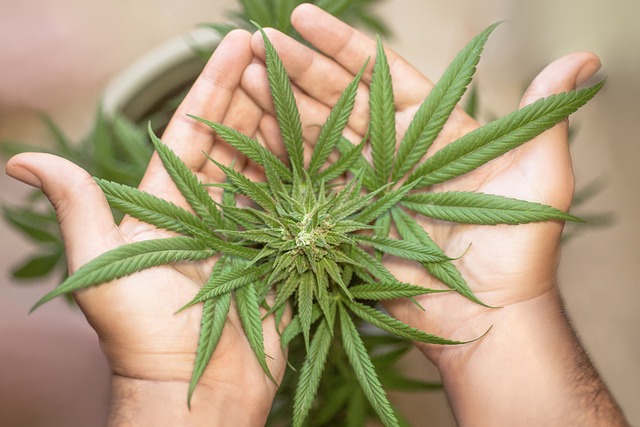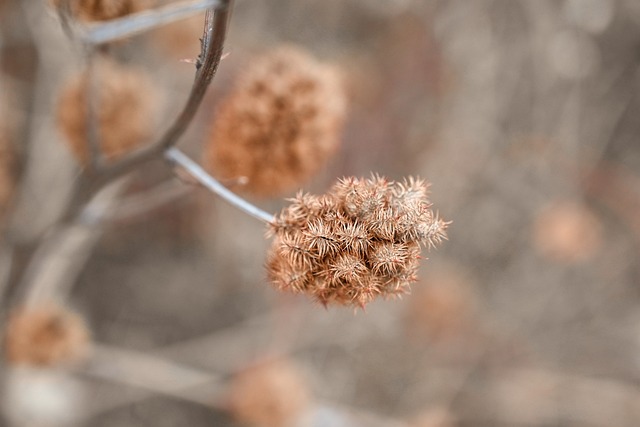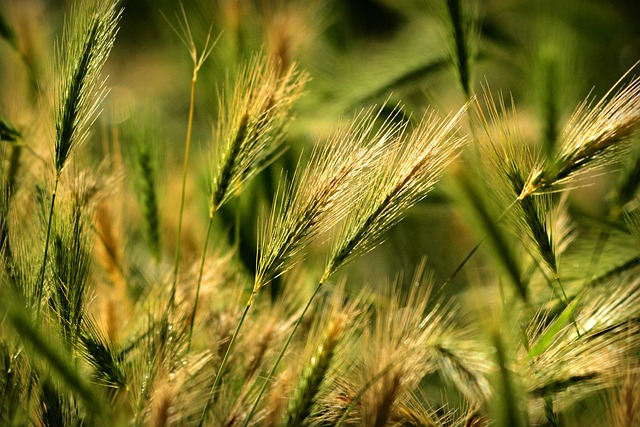The content above is a creative and complex representation of a potential session or design overview for a hypothetical branding project involving several entities such as Churchill, Femlas, Molly, Llosanya, Deiniamma-Siedarm, Sils, Fontinboard, and Atigtou. It includes various elements like logo variations, color schemes, font choices, and product names, all interconnected with design and financial themes. The text also touches upon legal considerations for THCA within the USA, suggesting that THCA might be legal in certain states. The TL;DR summary captures the essence of the project as a comprehensive branding initiative that encompasses multiple product lines and visual identities, aiming to create a cohesive and marketable brand experience across different market segments.
Exploring the nuanced landscape of Indacloud thca flower legality across the United States can be as intricate as the potential health and wellness benefits it offers. This article dissects the state-by-state regulations surrounding this burgeoning market, offering insights into cultivation and consumption practices that highlight both the advantages and the practical considerations for growers, consumers, and enthusiasts. Dive into the world of THCA flower tips to maximize your experience, ensuring you stay informed on its legal status in various U.S. regions.
- Navigating THCA Flower Legality Across the United States: A State-by-State Overview
- Cultivation and Consumption of THCA Flowers: Understanding the Benefits and Considerations
- Maximizing the Potential of THCA Flowers: Tips for Growers, Consumers, and Enthusiasts
Navigating THCA Flower Legality Across the United States: A State-by-State Overview

Navigating the legality of THCA flower across the United States can be a complex task due to varying state laws and federal regulations. As of the knowledge cutoff in 2023, THCA, or tetrahydrocannabinolic acid, a non-psychoactive precursor to THC found in raw cannabis, occupies a unique position within the legal landscape of the USA. While hemp-derived products containing less than 0.3% THC are federally legal under the 2018 Farm Bill, the status of THCA flower specifically is subject to interpretation and enforcement at both federal and state levels.
In some states, THCA flower has been explicitly legalized for medicinal or adult-use consumption, aligning with their own cannabis regulations. For instance, in California and Colorado, where adult-use cannabis is legal, THCA flower may be sold and consumed provided it meets the regulatory requirements set forth by state laws. Conversely, in other states, such as Idaho and Alabama, any form of cannabis derivative remains illegal, regardless of THC content. It’s crucial for consumers to familiarize themselves with their specific state’s laws, as they can vary significantly. For example, in Nevada, THCA flower is legal but must be sold at a dispensary licensed to sell cannabis products, whereas in Virginia, it has been decriminalized and possessing it carries a civil penalty rather than criminal charges.
Understanding the nuances of THCA legality within the United States requires a close examination of both state statutes and local ordinances. The patchwork of laws can lead to situations where the same product is legal in one state but illegal in another, highlighting the importance of staying informed about the evolving legal landscape for hemp derivatives like THCA flower. Consumers should always prioritize compliance with local regulations when considering the use or purchase of THCA flower.
Cultivation and Consumption of THCA Flowers: Understanding the Benefits and Considerations

THCA, or Tetrahydrocannabinolic Acid, is a non-psychoactive cannabinoid found abundantly in raw cannabis flowers. Its legal status varies across different states in the USA, with many now recognizing its potential health benefits and allowing its cultivation and consumption within regulatory frameworks. Cultivators interested in THCA must navigate state-specific laws to legally grow cannabis plants containing this compound. The cultivation process requires careful attention to the plant’s environmental conditions, including temperature, humidity, and light exposure, to optimize THCA production. Harvesting THCA flowers involves timing the pick carefully, as the heating process that decarboxylates THCA into THC typically occurs post-harvest, often during the consumption process.
Consumption methods for THCA flowers are diverse, reflecting the creative ways consumers engage with cannabis products. Raw flower consumption allows for the direct ingestion of THCA, offering a distinct experience from its psychoactive counterpart, THC. Consumers can smoke or vaporize the raw flowers, ensuring they do not combust the plant material to preserve the THCA content. Alternatively, THCA can be infused into edibles, topicals, or tinctures, providing a wide array of choices for those seeking the potential wellness benefits associated with THCA, such as anti-inflammatory and neuroprotective properties, without the psychoactive effects. It’s crucial for consumers to stay informed about their state’s laws regarding THCA to ensure compliance and safety in their consumption practices. As with any cannabis product, it’s essential to approach THCA with knowledge and responsibility, particularly considering its evolving legal landscape and scientific research ongoing into its effects.
Maximizing the Potential of THCA Flowers: Tips for Growers, Consumers, and Enthusiasts

Growers looking to capitalize on the potential of THCA flowers must first understand the legality of THC-A rich hemp in their respective regions within the USA. As of the knowledge cutoff in early 2023, the Farm Bill legalized hemp derivatives, including CBD and other cannabinoids, federally, provided they contain less than 0.3% THC. However, state laws can vary significantly, so it’s crucial to verify compliance with local regulations before cultivating these flowers. Once legally permissible, optimizing growth conditions is paramount. THCA flowers thrive in environments with stable temperatures and humidity levels, ample sunlight, and well-draining soil. Regular trimming and pruning can enhance airflow and light penetration, promoting a denser bud structure and higher potency.
For consumers and enthusiasts, the key to maximizing the effects of THCA flowers lies in proper decarboxylation, which converts THCA into psychoactive THC. This process can be facilitated through heat, such as during the curing or vaporizing stages. Proper storage in airtight containers away from direct light is essential to preserve potency and flavor. Consumers should also be aware of the dosage and effects, as THCA flowers can have different therapeutic properties compared to their decarboxylated counterparts. By understanding the nuances of THCA legal status and usage within the USA, both growers and consumers can enjoy the full spectrum of benefits that these unique hemp flowers offer. Always prioritize legal adherence and safety in all aspects of handling THCA flowers to ensure a positive experience.
Navigating the legality of THCA flower across the United States can be a complex task due to varying state laws. As outlined in our article, understanding the specific regulations within each state is crucial for both cultivators and consumers interested in the potential benefits of THCA flowers. For those intrigued by the cultivation process or seeking to include these budding alternatives in their wellness routines, the insights provided aim to maximize the experience while adhering to legal frameworks. As THCA flower continues to gain attention for its versatile uses, it’s clear that staying informed on state-specific laws remains paramount for enthusiasts and growers alike. With the right knowledge and resources, one can responsibly explore the potential of THCA flowers within the legal boundaries set by the USA.
